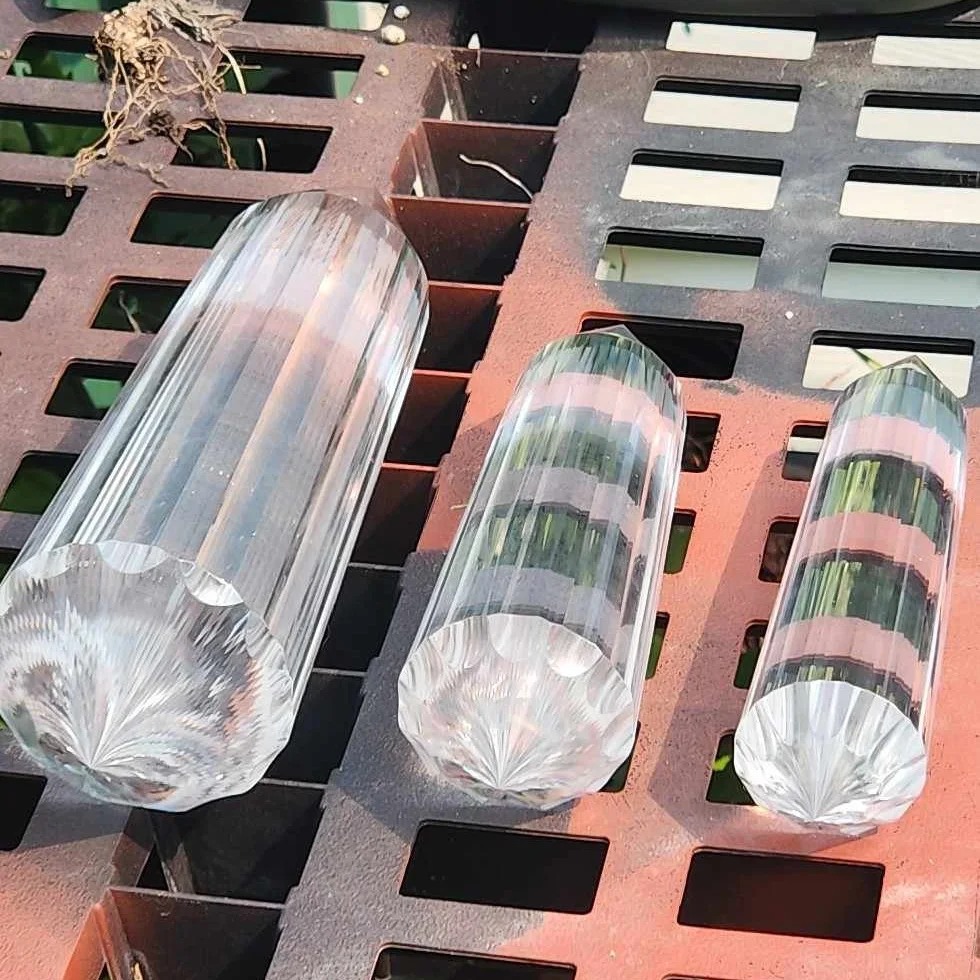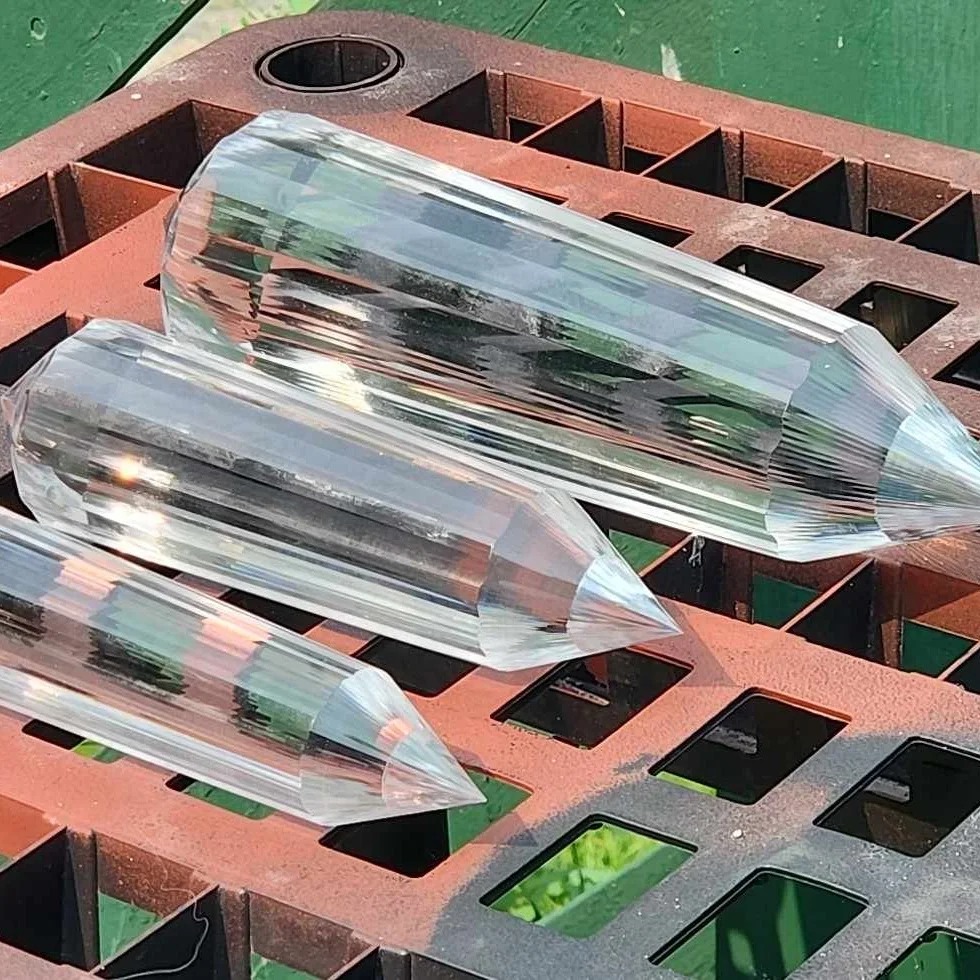Magnet Therapy

Magnet Therapy
Magnet Therapy is a complementary modality that uses magnets and their associated magnetic fields for therapeutic purposes. The concept of magnetism in healing practices dates back to ancient times. Proponents of Magnet Therapy suggest that magnets might offer a natural way to support pain management, improve circulation, and enhance overall well-being.
What is Magnet Therapy?
Magnet Therapy involves strategically placing magnets on or around the body to influence the body’s natural energy fields. These magnets are often incorporated into various products such as:
- Magnetic jewelry (bracelets, necklaces, rings)
- Magnetic insoles or shoe inserts
- Magnetic wraps for joints and muscles
- Magnetic mattresses or sleep pads
Different Magnet Therapy devices use magnets of varying strengths and polarities. Static magnets remain in place, while electromagnetic devices generate pulsating magnetic fields. Magnet Therapy aligns with holistic principles by supporting the body’s inherent healing processes.
How can Magnet Therapy help you?
Magnet Therapy advocates suggest that it may offer support for various issues:
- Pain relief: Magnet Therapy is often used for managing chronic pain associated with conditions like arthritis, fibromyalgia, or injuries.
- Improved circulation: Proponents believe magnets may influence blood flow, improving circulation and oxygen delivery.
- Relaxation and stress reduction: Magnet Therapy may promote relaxation and alleviate stress by balancing the body’s energy.
- Wound healing: Some suggest Magnet Therapy helps accelerate wound healing.
- Sleep improvement: Magnet Therapy may promote better sleep quality through its calming and pain-reducing effects.
What is Magnet Therapy good for?
While more research is needed, Magnet Therapy shows potential for addressing:
- Musculoskeletal pain (joint and muscle pain): Magnet Therapy is commonly used for managing pain associated with various musculoskeletal conditions. This may include osteoarthritis, rheumatoid arthritis, chronic low back pain, neck pain, and pain caused by injuries.
- Inflammation: Magnet Therapy may help reduce inflammation, a key contributor to pain and swelling. This may be beneficial for conditions like arthritis, tendonitis, and bursitis.
- Wound healing: Some studies suggest that Magnet Therapy may promote faster wound healing by enhancing circulation and reducing inflammation.
- Headaches and migraines: Magnet Therapy may be helpful for managing headaches and migraines, possibly by modulating pain perception and improving blood flow.
- Stress and anxiety: Magnet Therapy’s potential relaxation and stress-relieving effects may be helpful for managing symptoms of anxiety and promoting better sleep.
- Sleep disturbances: Magnet Therapy may improve sleep quality by reducing pain and promoting relaxation. Additionally, some magnetic mattress pads may create a calming sleep environment.
Benefits of Magnet Therapy
Though research is ongoing, potential benefits of Magnet Therapy include:
- Pain reduction
- Improved circulation
- Reduced inflammation
- Enhanced relaxation and stress relief
- Improved sleep quality
- Overall sense of well-being
What to expect from Magnet Therapy with a practitioner
- Consultation: Some practitioners may discuss your health history, goals, and reasons for seeking Magnet Therapy.
- Magnet Selection and Placement: Practitioners may choose specific types of magnets and determine their placement based on your needs.
- Treatment Sessions: Sessions may involve wearing magnetic devices or having magnets applied directly to the body.
- Self-care Recommendations: Practitioners often suggest using Magnet Therapy products independently, like magnetic jewelry or insoles.
Similar Modalities to Magnet Therapy
Other modalities that have some resemblance to Magnet Therapy include:
- Reiki (energy healing)
- Acupuncture and acupressure
- Electromagnetic field therapies (PEMF)
Final Thoughts
Magnet Therapy is a non-invasive modality with a long history of use in various cultures. While scientific evidence about its effectiveness is mixed, many people find it a helpful adjunct for pain management, stress reduction, and promoting relaxation. If you seek a natural, complementary approach to enhance well-being, Magnet Therapy is worth exploring.
Scientific References
- Colbert, A. P., Markov, M. S., Souder, J. S., & Kramer, S. J. (2023). Static magnetic field therapy: A critical review of treatment parameters. Evidence-Based Complementary and Alternative Medicine, 2023. doi:10.1155/2023/1591086.
- Rabago, D., Slattengren, A., & Zgierska, A. (2016). Effect of magnetic mattress overlay on chronic low back pain: A randomized, double-blinded, placebo-controlled, multicenter trial. Alternative Therapies in Health and Medicine, 22(3), 32-41.
- Vallbona, C., Hazlewood, C. F., & Jurida, G. (1997). Response of pain to static magnetic fields in postpolio patients: A double-blind pilot study. Archives of Physical Medicine and Rehabilitation, 78(11), 1200-1203. doi:10.1016/s0003-9993(97)90332-7
Recommended Reading
- Nakagawa, J. (Ed.). (1993) Complementary/Alternative Medicine in the Context of Japanese Medicine. Japan Publications Inc.
- Jerabek, J., & Pawluk, W. (1996). Magnetic Therapy in Eastern Europe: A Review of 30 Years of Research. Chicago, IL: Advanced Magnetic Research.
- Vallbona, C., & Richards, T. (1999). Evolution of magnetic therapy from alternative to traditional medicine. Physical Medicine and Rehabilitation Clinics, 10(3), 729-754.
FAQ: Magnet Therapy
Is Magnet Therapy safe?
Magnet Therapy is generally considered safe for most people. However, it’s advisable to consult your healthcare provider before using it if you have:
- Implanted medical devices (pacemaker, insulin pump)
- Pregnancy
- Open wounds
How long does it take for Magnet Therapy to work?
Results can vary. Some people experience immediate relief, while others may notice a gradual improvement over time.
Are there any side effects to Magnet Therapy?
Magnet Therapy has few reported side effects. In rare cases, some people might experience mild skin irritation from extended wearing of magnetic jewelry.
Can Magnet Therapy replace conventional medical treatment?
Magnet Therapy should not replace conventional medical treatment for serious conditions. Instead, it’s best used as a complementary approach alongside established medical practices.
How do I find a qualified Magnet Therapy practitioner?
While there aren’t specific certifications for Magnet Therapy, look for practitioners with experience in complementary and alternative medicine like naturopathic doctors, chiropractors, or acupuncturists who integrate Magnet Therapy into their practice.




















